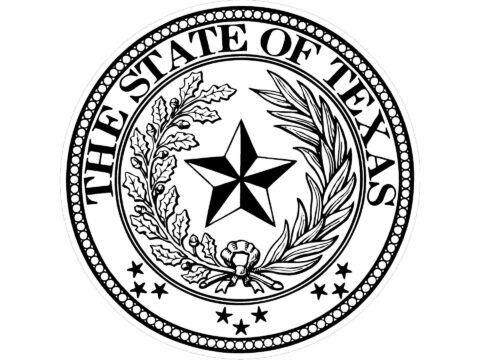The Institute for Free Speech filed an amicus brief in the case Sullivan v. Texas Ethics Commission in the Supreme Court of the United States on March 24, 2025. In light of the Supreme Court of Texas’s decision in the case, the brief urges the Court to revisit its 1954 United States v. Harriss precedent.
The Institute’s brief argues that Harriss no longer reflects modern First Amendment jurisprudence and fails to protect the right to speak anonymously about matters of public policy due to Texas’s lobbyist registration rules.
“The premise of Harriss is wrong,” the brief explains. “The government cannot burden the First Amendment right to speak anonymously because disclosure is convenient for elected officials.”
The Institute’s brief rejects the rationale that lobbyist registration rules further similar informational interests as those for campaign speech. “[T]he justifications for disclosing campaign speech do not map onto private lobbying,” since lobbying through pure speech “neither evinces support for a candidate nor provides a ‘quid’ that might preview future quid pro quo corruption.”
To read the Institute’s full Supreme Court amicus brief in Sullivan v. Texas Ethics Commission, click here. To read the press release, click here.
Previously, the Institute for Free Speech filed an amicus brief in Sullivan v. Texas Ethics Commission in the Supreme Court of Texas. That brief argued that the Court of Appeals erroneously decided questions of constitutional significance and that Texas’s lobbyist disclosure and fee statutes should be reviewed under First Amendment strict scrutiny. Instead, the Court of Appeals misapplied U.S. Supreme Court decisions to employ “exacting scrutiny.” Reviewed under the proper standard, both Texas laws are unconstitutional.
The government cannot usurp First Amendment freedoms by simply asserting unspecified interests in lobbyist identification information and preventing corruption. Instead, it must demonstrate how these interests are served by what its laws require from Sullivan. Texas has failed to show its regulations are properly tailored to serve a compelling government interest. Neither Texas’s informational nor its anti-corruption interests are served by prosecuting Sullivan for failing to provide information on a government form when he voluntarily provided the requisite information directly to the government officials he was trying to persuade. Nor are such interests served by forcing Sullivan, or others, to pay a licensure tax for government permission to engage in First Amendment activity.
Read the original Supreme Court of Texas amicus brief here.














